Black Beans: Important Facts, Health Benefits, and Recipes
Explore the health benefits and culinary uses of black beans with our ultimate guide, covering their history, nutritional value, and creative ways to incorporate them into your meals.
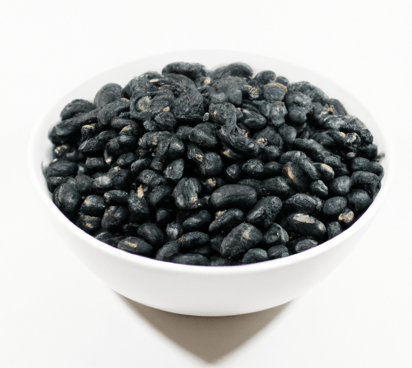
Nutritional Facts
1 cup
Amount per serving
Calories
227
Carbohydrates
40.8 g
Fat
0.9 g
Protein
15.2 g
Saturated Fat
0.2 g
Sodium
1.7 mg
Fiber
15 g
Sugar
0.6 g
Best Black Beans Recipes
-
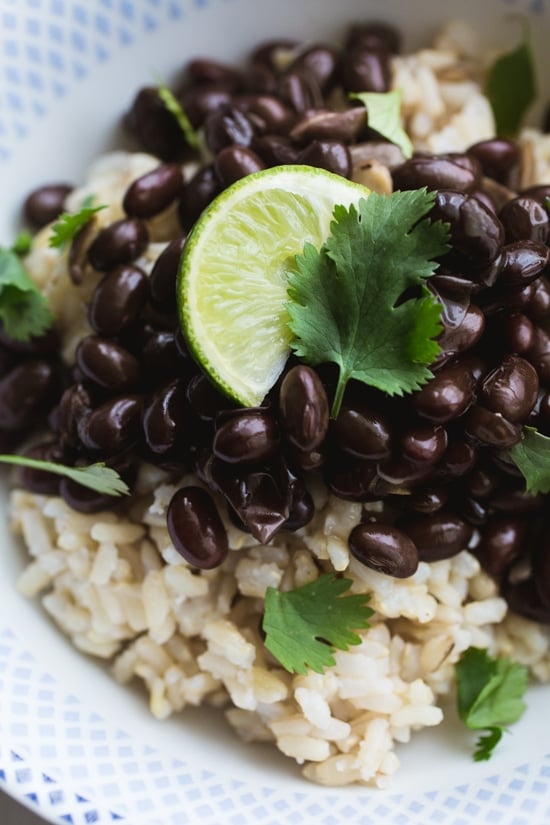
-
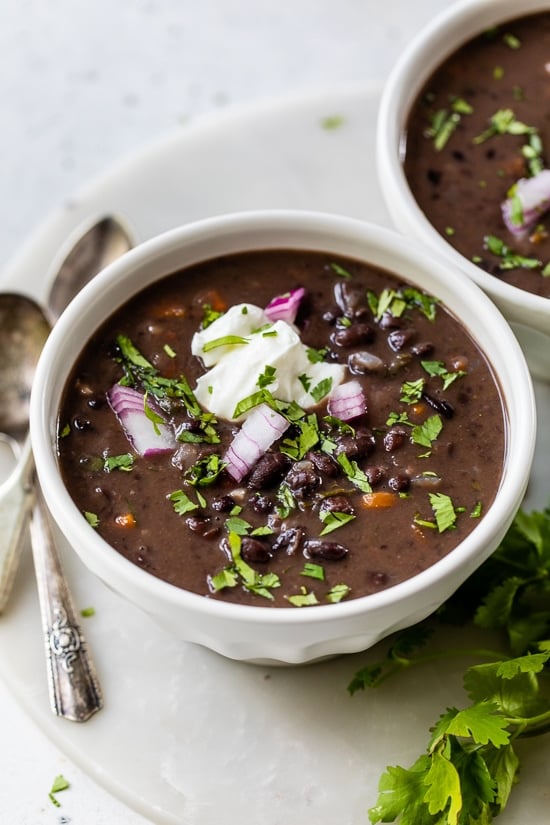
-
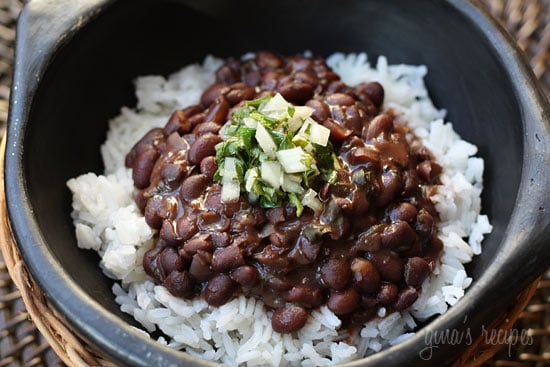
-
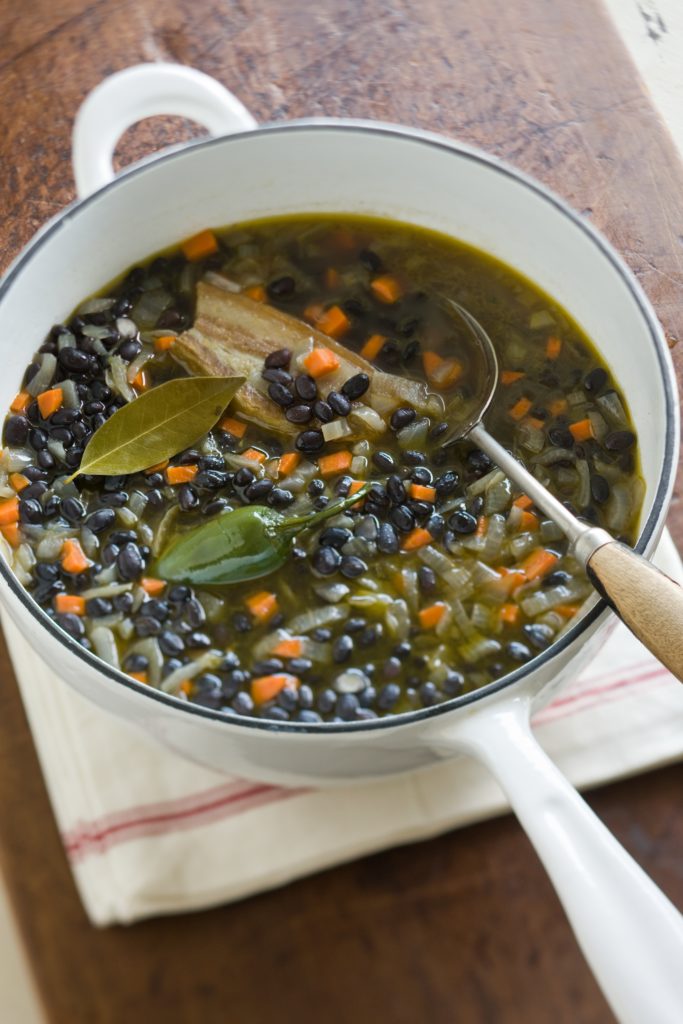
-
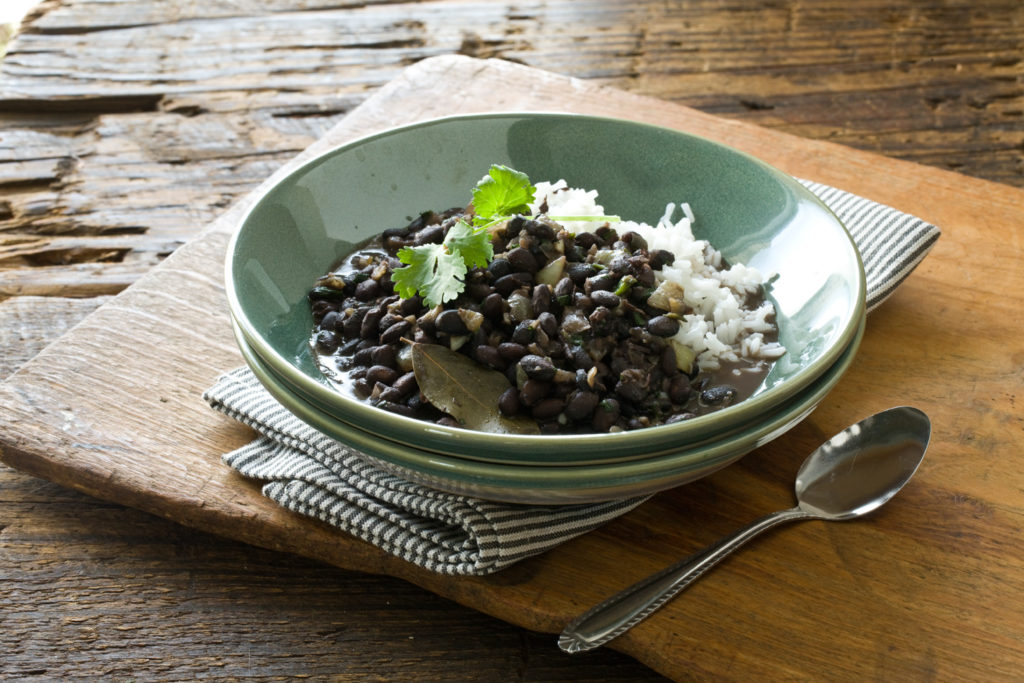
-

-
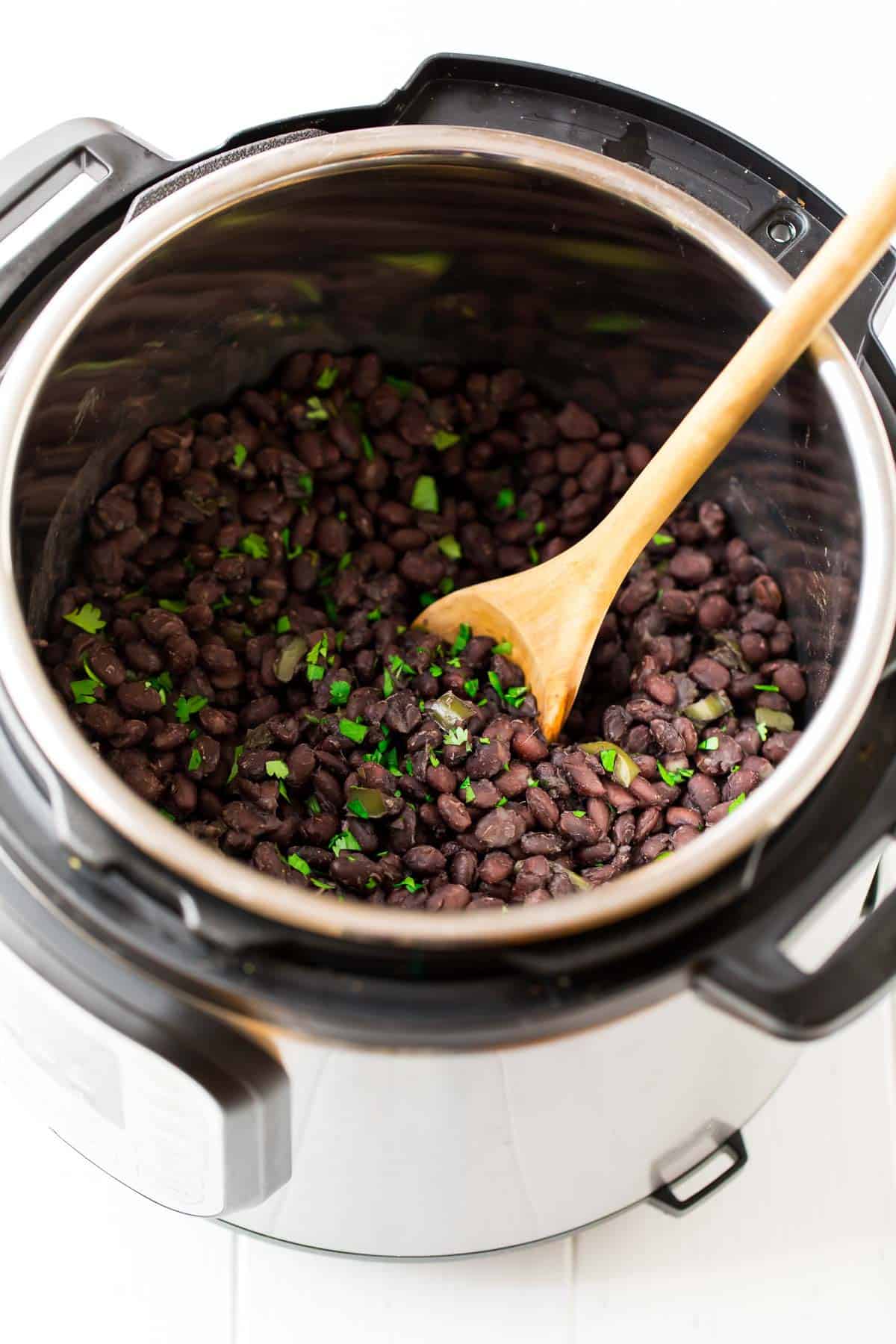
-
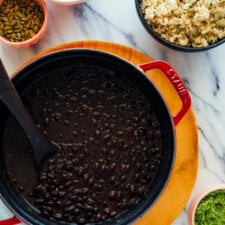
-
![Black Bean with Andouille Sausage Soup Image]()
-
![Mexican Black Beans Image]()
-
![Instant Pot Black Bean Soup Image]()
-
![How to Cook Dried Beans Image]()
-
![9-Bean Soup Recipe Image]()
-
![Black Bean Soup {Hearty and Healthy} Image]()
-
![Refried Black Beans Recipe Image]()
-
![Black Bean Burrito Bowl Recipe Image]()
-
![How to Cook Dried Beans Image]()
-
![Feijoada (Brazilian Black Bean Stew) Recipe Image]()
-
![Instant Pot Beans {with Video!} Image]()
-
![Pressure Cooker Cuban Black Beans Image]()
-
![Vegan Black Beans (Frijoles Negros) Recipe Image]()
-
![Njahi (Kenyan Black Beans) in Coconut Sauce Recipe Image]()
-
![Black Bean, Avocado, and Egg Tostadas Recipe Image]()
-
![Cuban Black Beans and Rice Recipe Image]()
-
-
![Hardcore Feijoada Recipe Image]()
-
![Mexican Tamale Pie (Tamal de Cazuela) With Black Bean Filling Recipe Image]()
-
![Perfect Refried Beans (Frijoles Refritos) Recipe Image]()
-
![Pressure Cooker Black Bean Soup With Sausage and Cumin-Lime Sour Cream Recipe Image]()
-
![Rick Bayless's Black Bean Soup Recipe | Cook the Book Image]()
-
![Quick and Easy Pressure Cooker Chicken and Black Bean Stew Recipe Image]()
-
![Quick and Easy Pressure Cooker Black Beans With Chorizo Recipe Image]()
-
![Black Bean Soup With Chorizo and Braised Chicken Recipe Image]()
-
![Easy Black Beans Recipe Image]()
-
![Venezuelan Black Beans Recipe Image]()
-
![Spicy Black Bean Soup Recipe With Ham and Garlic Image]()
-
![Tasty Beer-Flavored Black Beans Recipe Image]()
-
![Pureed Italian White Bean Soup Recipe Image]()
-
![Easy Homemade Black Beans Recipe From Scratch (Vegan) Image]()
-
![Spanish Black Beans (Alubias Negras de Tolosa) Recipe Image]()
-
![Greek Fava Bean Stew Recipe Image]()
-
![Instant Pot Black Bean Soup Recipe Image]()
-
![Perfect Refried Beans Recipe Image]()
-
![How to Cook Black Beans Perfectly Image]()
-
![Easy Coconut Black Beans Image]()
-
![Bak Kut Teh (Malaysian Pork Bone Soup) Recipe Image]()
-
-


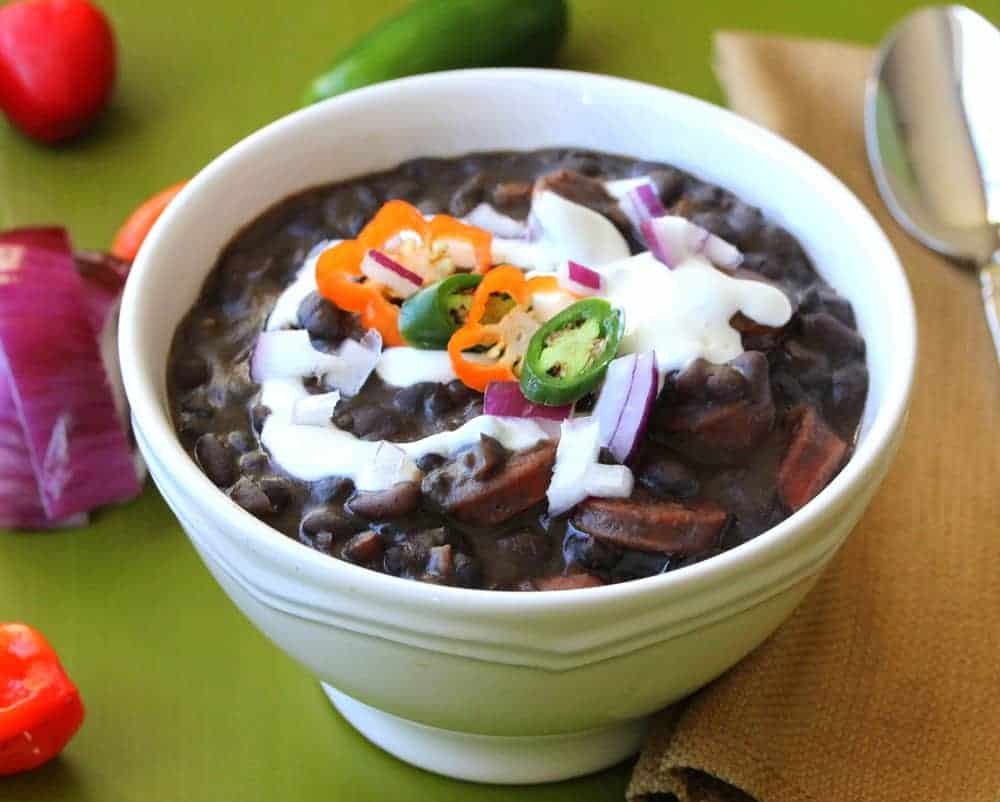
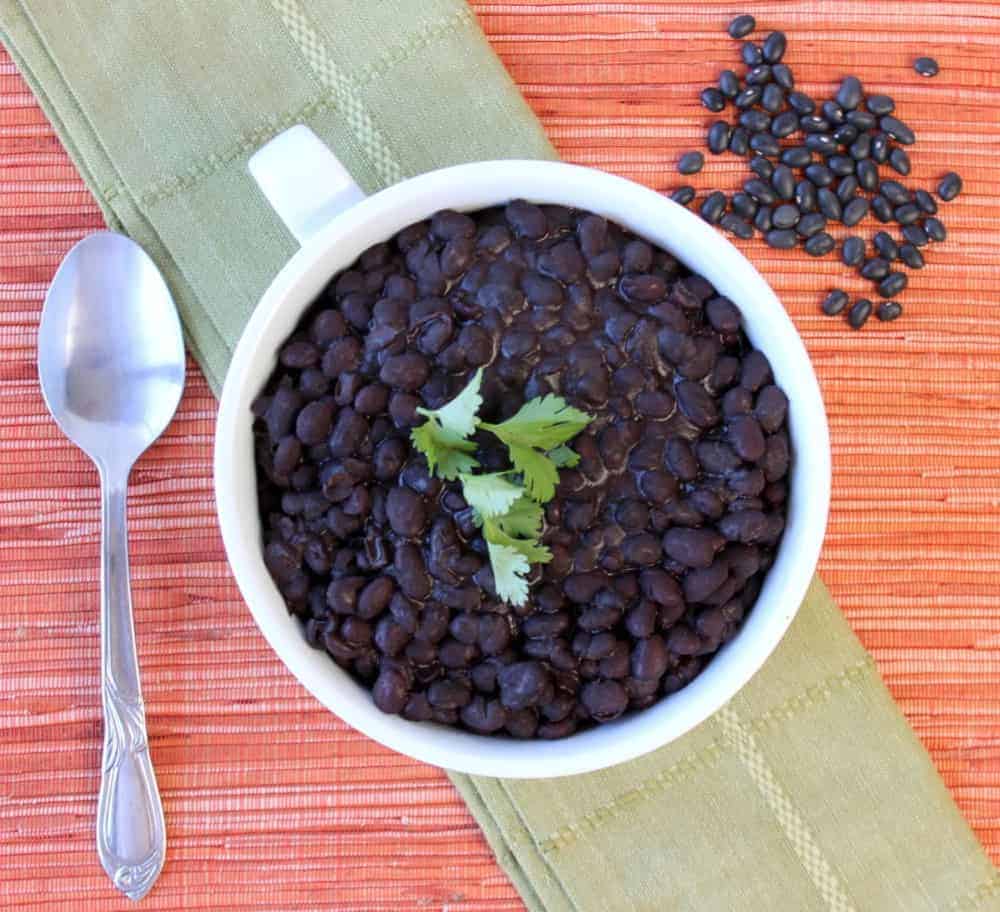
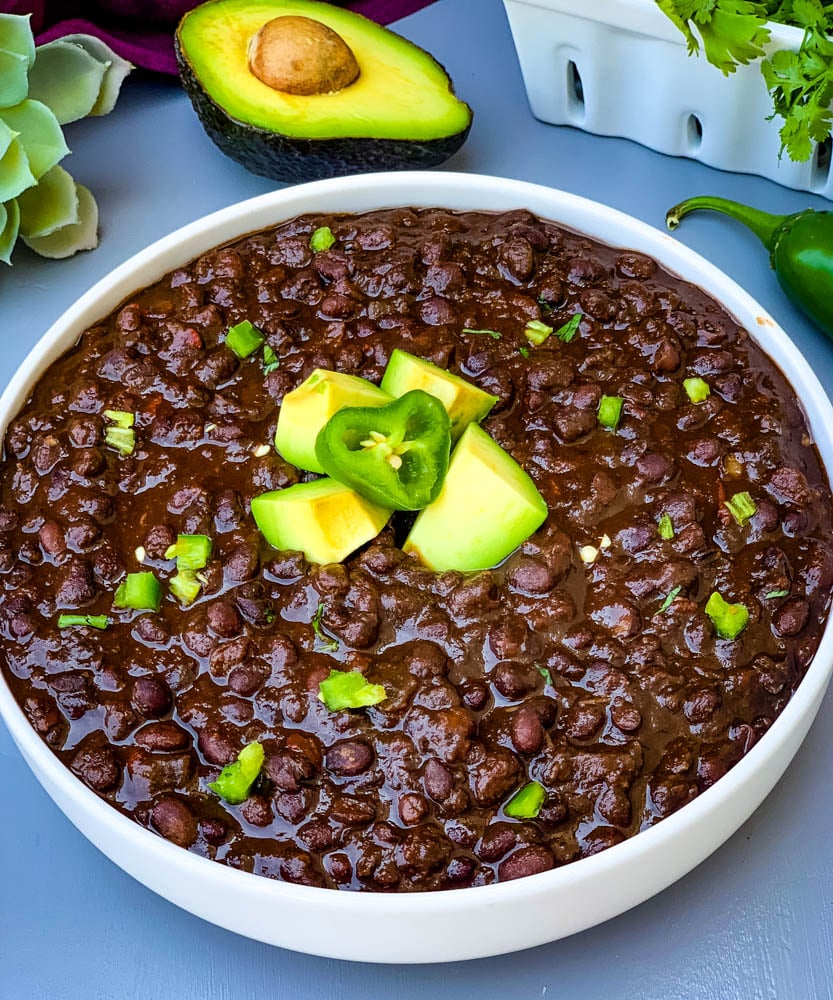

:max_bytes(150000):strip_icc()/nine-bean-soup-mix-recipe-1809061-hero-01-74b927a109444c9f9c64eb7637634707.jpg)
:max_bytes(150000):strip_icc()/__opt__aboutcom__coeus__resources__content_migration__simply_recipes__uploads__2008__01__black-bean-soup-horiz-a-1800-b7077b18ba1f4418826a2e7c832284f3.jpg)
:max_bytes(150000):strip_icc()/__opt__aboutcom__coeus__resources__content_migration__simply_recipes__uploads__2013__02__refried-black-beans-horiz-a-1800-96c0f1fa97e440feb4d00b7b254b5f27.jpg)
:max_bytes(150000):strip_icc()/__opt__aboutcom__coeus__resources__content_migration__simply_recipes__uploads__2014__04__burrito-bowl-horiz-b-1200-60963c61e781420f9cdf942a4e4b4de4.jpg)
:max_bytes(150000):strip_icc()/__opt__aboutcom__coeus__resources__content_migration__simply_recipes__uploads__2018__11__ht_beans_LEAD00008-1ef9a52a05c64f55a348290aedc3d8d8.jpg)
:max_bytes(150000):strip_icc()/__opt__aboutcom__coeus__resources__content_migration__simply_recipes__uploads__2011__01__feijoada-black-bean-stew-horiz-a-1800-8e3962c199844900a9dc5da8182e59c8.jpg)
:max_bytes(150000):strip_icc()/__opt__aboutcom__coeus__resources__content_migration__simply_recipes__uploads__2017__01__2017-01-17-PressureCookerBeans-6-d5d7764e22c54b339126a67c00d909ec.jpg)
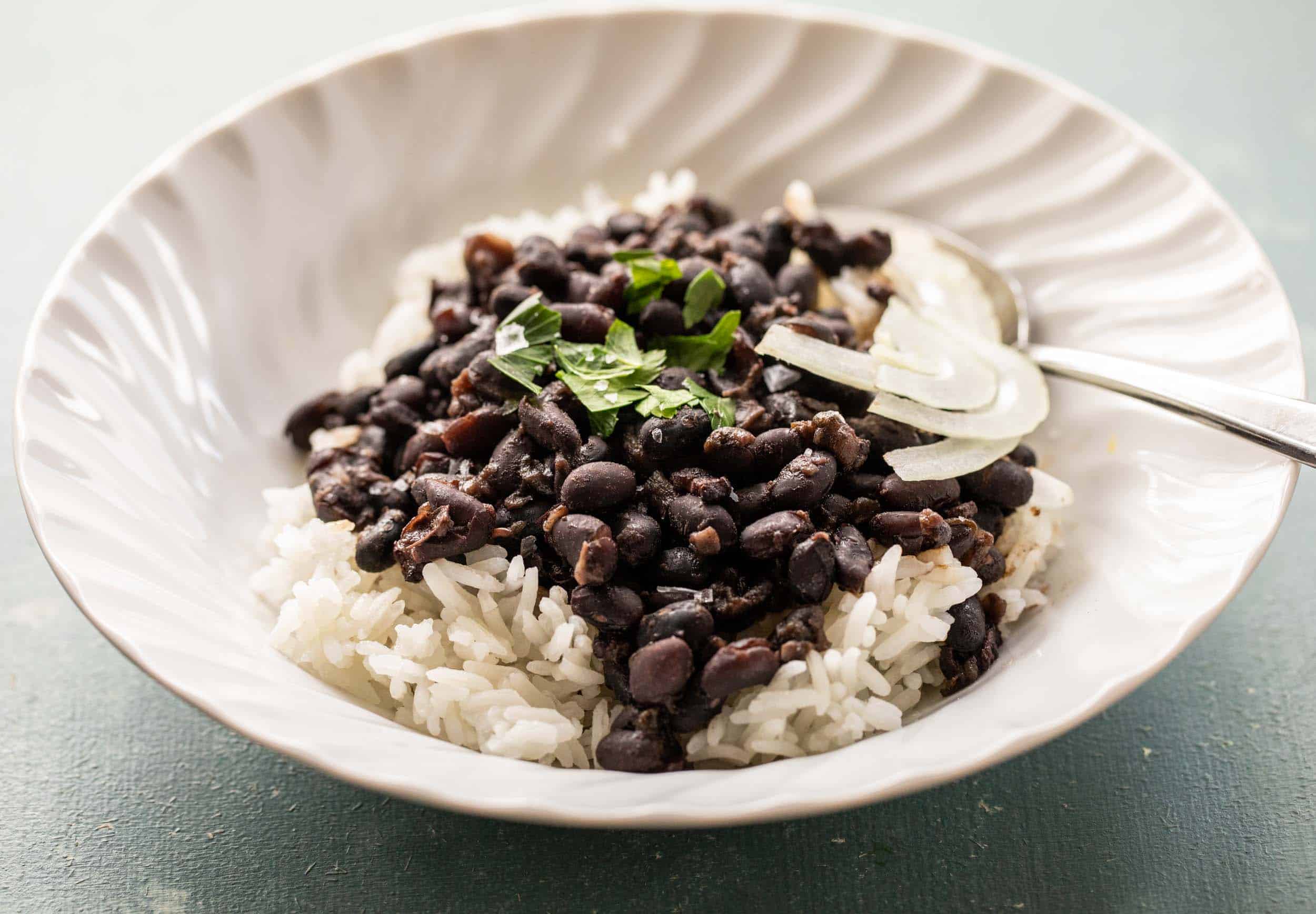
:max_bytes(150000):strip_icc()/frijoles-negros-black-beans-3377822-hero-01-14348c5408da44c29195413a4c8a6143.jpg)
:max_bytes(150000):strip_icc()/20210420-njahi-beans-coconut-sauce-vicky-wasik-27-73d6e6fd551640a58399cecb31f2a7c8.jpg)
:max_bytes(150000):strip_icc()/__opt__aboutcom__coeus__resources__content_migration__serious_eats__seriouseats.com__recipes__images__2013__12__274700-20131130-sunday-brunch-black-bean-egg-avocado-tostada-edit-e22b66fa97874448bd6082bb9181c6a3.jpg)
:max_bytes(150000):strip_icc()/__opt__aboutcom__coeus__resources__content_migration__serious_eats__seriouseats.com__2020__04__20200416-cuban-pollo-a-la-plancha-aaron-hutcherson-9-681c1990572644adaa72c9cbc0208efb.jpg)
:max_bytes(150000):strip_icc()/__opt__aboutcom__coeus__resources__content_migration__serious_eats__seriouseats.com__recipes__images__20110308-Feijoada-13-dc9c888f37ab4d5f9ab8c9fc52b8b6ac.jpg)
:max_bytes(150000):strip_icc()/__opt__aboutcom__coeus__resources__content_migration__serious_eats__seriouseats.com__recipes__images__2015__01__20150128-tamale-pie-daniel-gritzer-27-41aca608c4354dc490c0d87c49310f6f.jpg)
:max_bytes(150000):strip_icc()/perfect-refried-beans-hero-01-9cdd0476ee0b40b7acc7ac63b73e21fd.jpg)
:max_bytes(150000):strip_icc()/__opt__aboutcom__coeus__resources__content_migration__serious_eats__seriouseats.com__recipes__images__2016__02__20160218-black-bean-andouille-pressure-cooker-soup-vicky-wasik-1-20fe6be2c6184b6482d22b5bbacd58aa.jpg)
:max_bytes(150000):strip_icc()/__opt__aboutcom__coeus__resources__content_migration__serious_eats__seriouseats.com__recipes__images__20100126-baylessblackbeansoup-81381adeea5e46339d3e3be873f60f8b.jpg)
:max_bytes(150000):strip_icc()/SEA-SoupsandStewsMPP-PressureCookerChickenandBlackBeanStew-GregDupree-a2c3e1670e424cf8a47715984f27bba6.jpg)
:max_bytes(150000):strip_icc()/__opt__aboutcom__coeus__resources__content_migration__serious_eats__seriouseats.com__recipes__images__2015__10__20150921-black-bean-sausage-stew-pressure-cooker-1-4f24f2695ae74574ab3a485e0892116a.jpg)
:max_bytes(150000):strip_icc()/__opt__aboutcom__coeus__resources__content_migration__serious_eats__seriouseats.com__recipes__images__2014__01__20140113-black-bean-chicken-soup-recipe-13-da10434e96cb4861b7654b4db7d97d3e.jpg)
:max_bytes(150000):strip_icc()/__opt__aboutcom__coeus__resources__content_migration__serious_eats__seriouseats.com__recipes__images__2014__08__20140827-black-beans-vicky-wasik-4-20c02243a35d4bf299d2dd19d21e3592.jpg)
:max_bytes(150000):strip_icc()/GettyImages-624873873-58841df53df78c2ccd4d11b9.jpg)
:max_bytes(150000):strip_icc()/black-bean-soup-sour-cream-56a8be085f9b58b7d0f4bc20.jpg)
:max_bytes(150000):strip_icc()/Black-Beans-58d4ab033df78c51627b67ac.jpg)
:max_bytes(150000):strip_icc()/white-bean-purreed-soup-getty-foodcolleciton-56a9bfc25f9b58b7d0fea3c4.jpg)
:max_bytes(150000):strip_icc()/easy-homemade-black-beans-3377754-hero-01-5cde4dc08e764e6396fb5f54bcb68abb.jpg)
:max_bytes(150000):strip_icc()/black-beans-545757745-580e92055f9b58564cf6c2bf.jpg)
:max_bytes(150000):strip_icc()/KoukiaYahnista-56a45b5e3df78cf77281fd8c.jpg)
:max_bytes(150000):strip_icc()/instant-pot-black-bean-soup-recipe-5196676-hero-09-3685ab1a57f740158931b67d68ecbb7b.jpg)
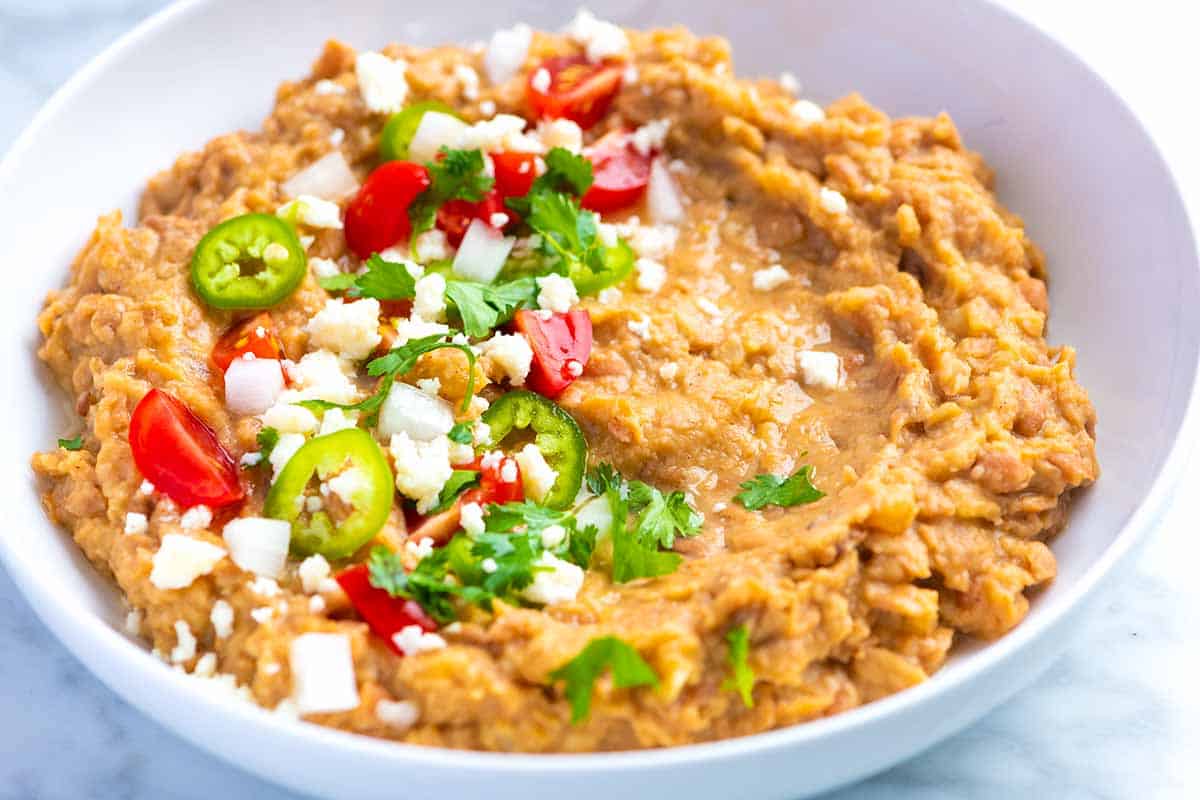
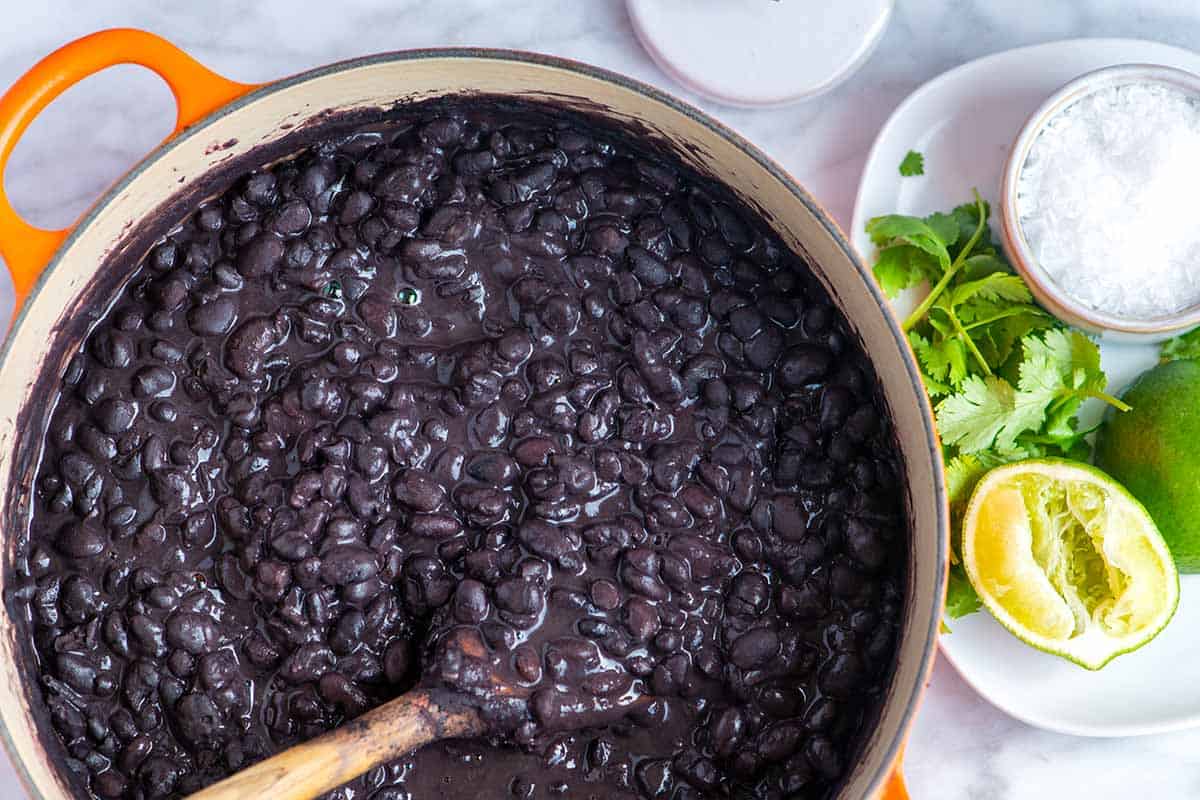
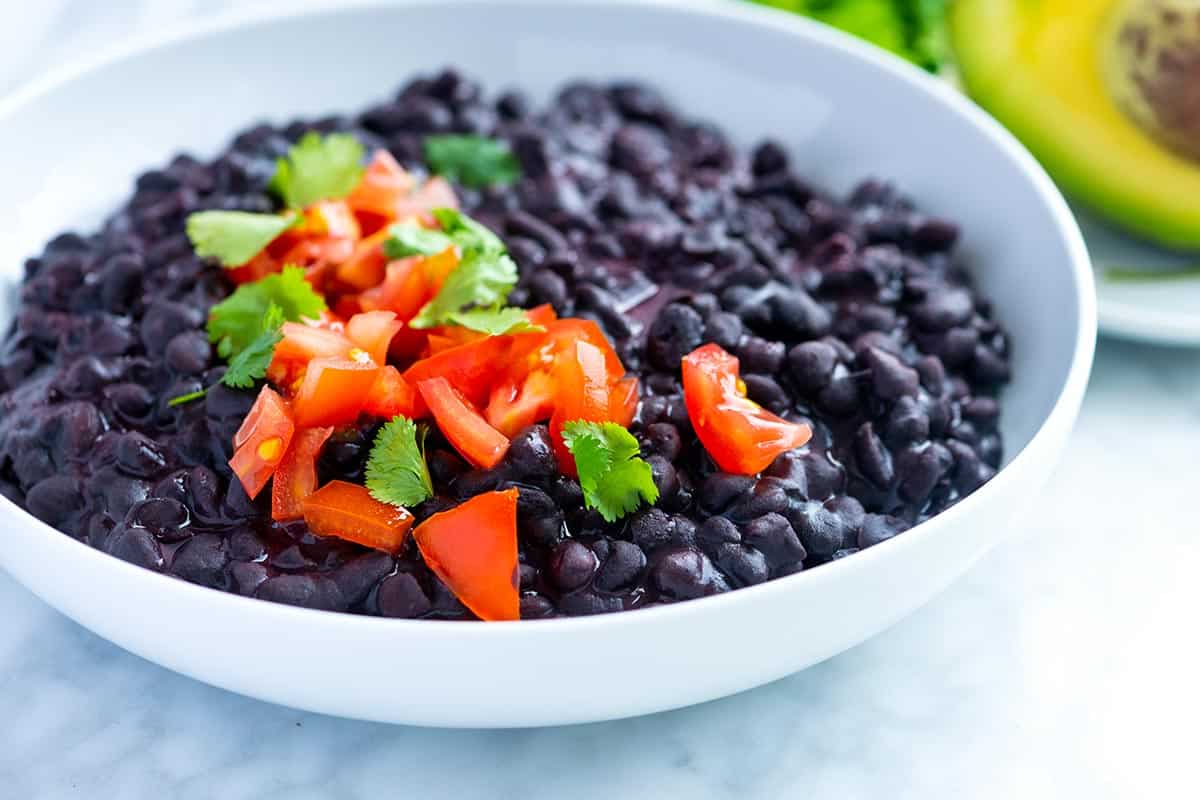
:max_bytes(150000):strip_icc()/20240129-BakKutTeh-MichelleYip-Hero2-SEA-d454ddaf81384f39925541ad810d26e6.jpg)